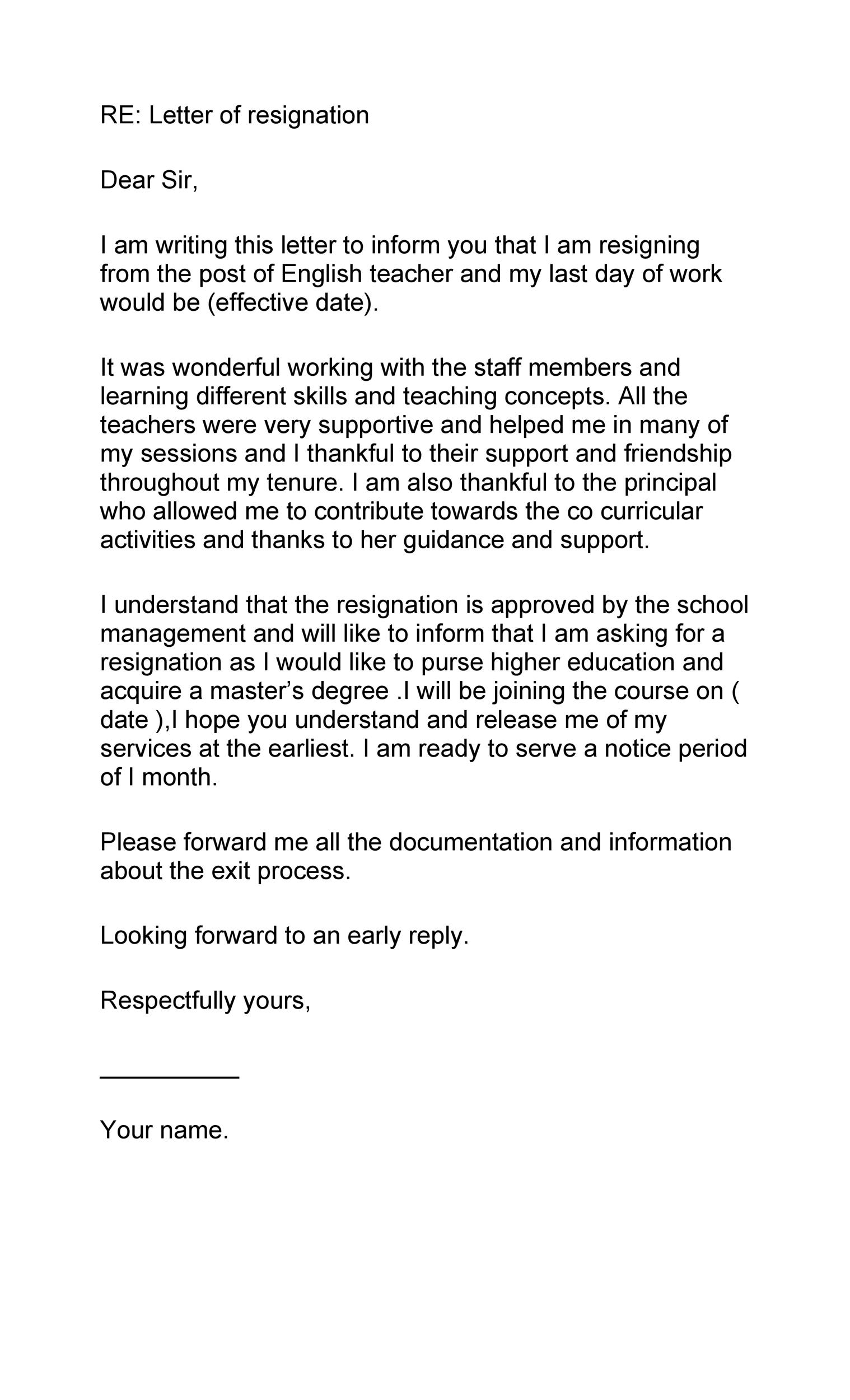To reply to a resignation mail, acknowledge receipt and express understanding. Thank the employee for their service.
Handling a resignation professionally is crucial for maintaining a positive work environment. Crafting a thoughtful and respectful response can leave a lasting impression on the departing employee. In this blog post, we’ll explore 12 effective examples of how to reply to a resignation email.
These examples cover various scenarios, from expressing gratitude to addressing logistical details. By following these tips, you can ensure that your response is both appropriate and considerate. This approach helps preserve relationships and fosters a positive reputation for your organization. Let’s dive into the examples to help you draft the perfect reply.

Credit: www.pinterest.com
Initial Steps
Start by acknowledging the resignation email promptly. Express gratitude for their contributions and offer assistance during their transition.
Acknowledging The Resignation
First, make sure to acknowledge the resignation. Confirm you have received the resignation mail. Mention the last working day. This is very important. Thank the employee for their service. Be clear and concise in your reply.
Expressing Appreciation
Show appreciation for the employee’s contributions. Highlight their achievements. Mention specific projects or tasks they excelled in. This makes them feel valued. Wish them success in future endeavors. Keep the tone positive and supportive.
Addressing Concerns
Employees may have concerns when they resign. Offering support during this time is vital. Provide resources for their next steps. This could include job references or career advice. Show empathy and understanding in your response. This helps maintain a positive relationship.
Your support can make a big difference. Offer to write a reference letter. Help with job searches if possible. Let them know you care about their future. This shows you value their contribution.
Transition plans are crucial. Discuss how to handover responsibilities. Set a timeline for their tasks. This ensures a smooth transition. Make sure all team members are informed. This helps to avoid any disruptions.
Maintaining Professionalism
Responding to a resignation email professionally is crucial. Learn effective ways to maintain professionalism with 12 practical examples. Enhance your communication skills and leave a positive lasting impression.
Avoiding Negative Remarks
Always stay calm and composed. It’s crucial to avoid any negative remarks. A negative tone can hurt your company’s image. Show gratitude for the employee’s service. Wish them well in their future endeavors. Keep the message short and positive. Use polite language to express your thoughts. Never blame or criticize in your reply. This helps maintain a good relationship.
Ensuring Clarity And Precision
Write clearly and directly to avoid confusion. Confirm the last working day in your reply. Provide details about the handover process. Use simple and precise language. Reiterate any important dates or tasks. Offer your support during the transition. Be clear about the next steps they need to take. This ensures a smooth handover process.
Sample Replies
Discover how to respond to resignation emails with confidence. This guide offers 12 practical examples for professional replies. Enhance your communication skills and maintain positive relationships with departing employees.
Formal Response Example
Thank you for your email. Your resignation has been noted. We appreciate your hard work and dedication. Your contributions were significant. Please ensure all tasks are handed over. We wish you success in your future endeavors. Feel free to reach out for any assistance during this transition period.
Casual Response Example
Hey, thanks for letting me know. Sad to see you go. Your work was always appreciated. Let’s stay in touch. Good luck with everything ahead. If you need anything, just give me a shout.
Customizing Replies
Personalizing the message shows you care about the employee. Start by using their first name. This makes the reply feel friendly. Mention their contributions and achievements.
Talk about specific projects they worked on. Highlight their positive impact on the team. Express gratitude for their hard work. This leaves a good impression.
Consider how long the employee worked with the company. For short-term employees, keep it brief. Thank them for their time and effort. Wish them success in their future endeavors.
For long-term employees, write a detailed message. Recall their major milestones and accomplishments. Show appreciation for their dedication and loyalty. Offer to stay in touch.

Credit: templatelab.com
Follow-up Actions
Plan an exit interview with the employee. This helps gather important feedback. Ask about their experience with the company. Use this information to improve your workplace. Make sure to schedule a convenient time for both parties.
Ensure the employee prepares a detailed handover document. This includes their daily tasks and ongoing projects. Identify a team member to take over these responsibilities. Arrange a meeting for the handover process. This helps ensure a smooth transition.
Common Mistakes
Ignoring a resignation email can harm your company’s reputation. The employee might feel undervalued. This can lead to bad reviews on job sites. It can also make other employees feel insecure. Always acknowledge the resignation promptly. A simple, polite reply is enough. Thank the person for their work. Wish them well in their future endeavors.
Promising too much can backfire. You might not be able to deliver. This can lead to disappointment. It might also damage your company’s credibility. Be honest about what you can offer. Set realistic expectations. Avoid making promises you can’t keep. Always base your promises on facts. This builds trust and respect.

Credit: reactbetter.com
Conclusion
Mastering the art of replying to a resignation mail is crucial for maintaining professional relationships. Use the provided examples to craft thoughtful and respectful responses. This ensures a positive experience for departing employees and strengthens your company’s reputation. Practice these tips to handle resignations gracefully and professionally.
